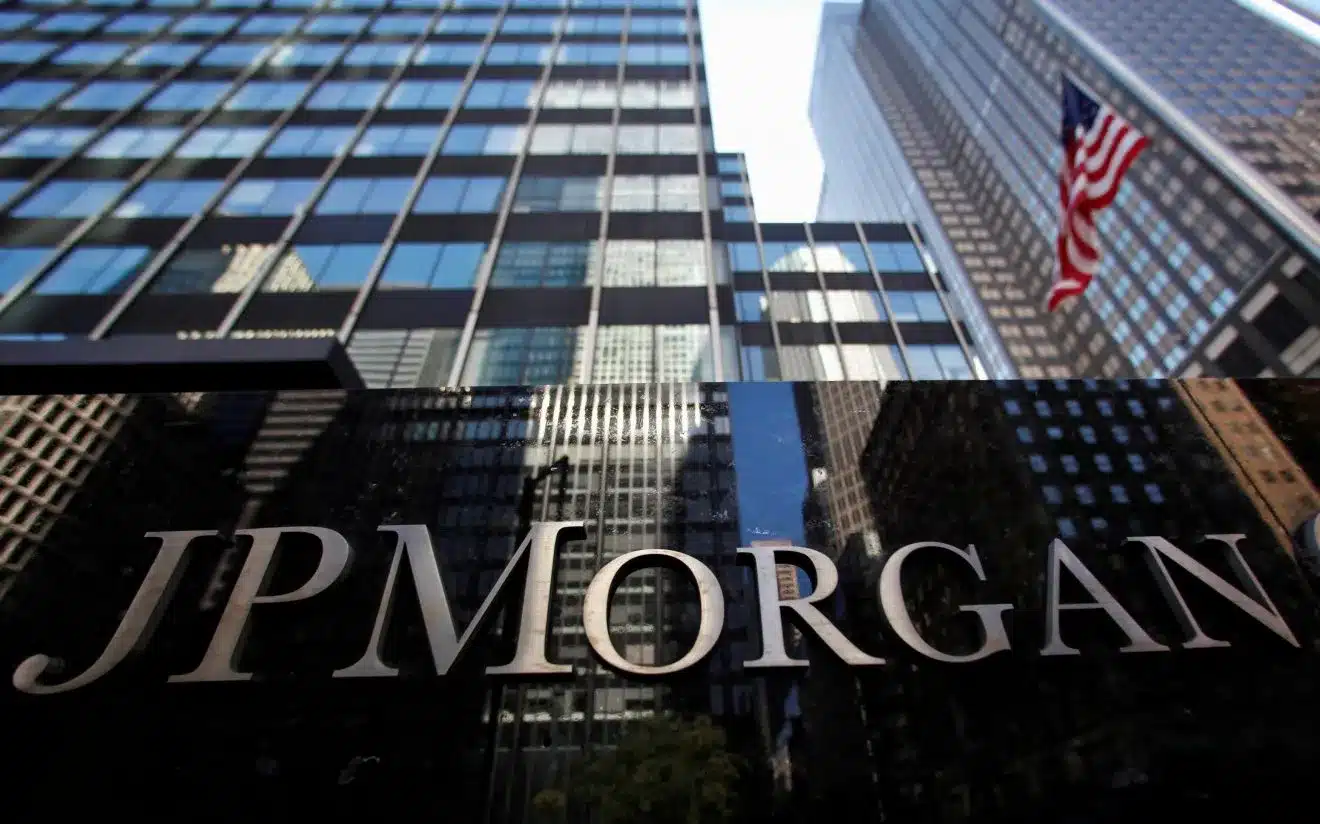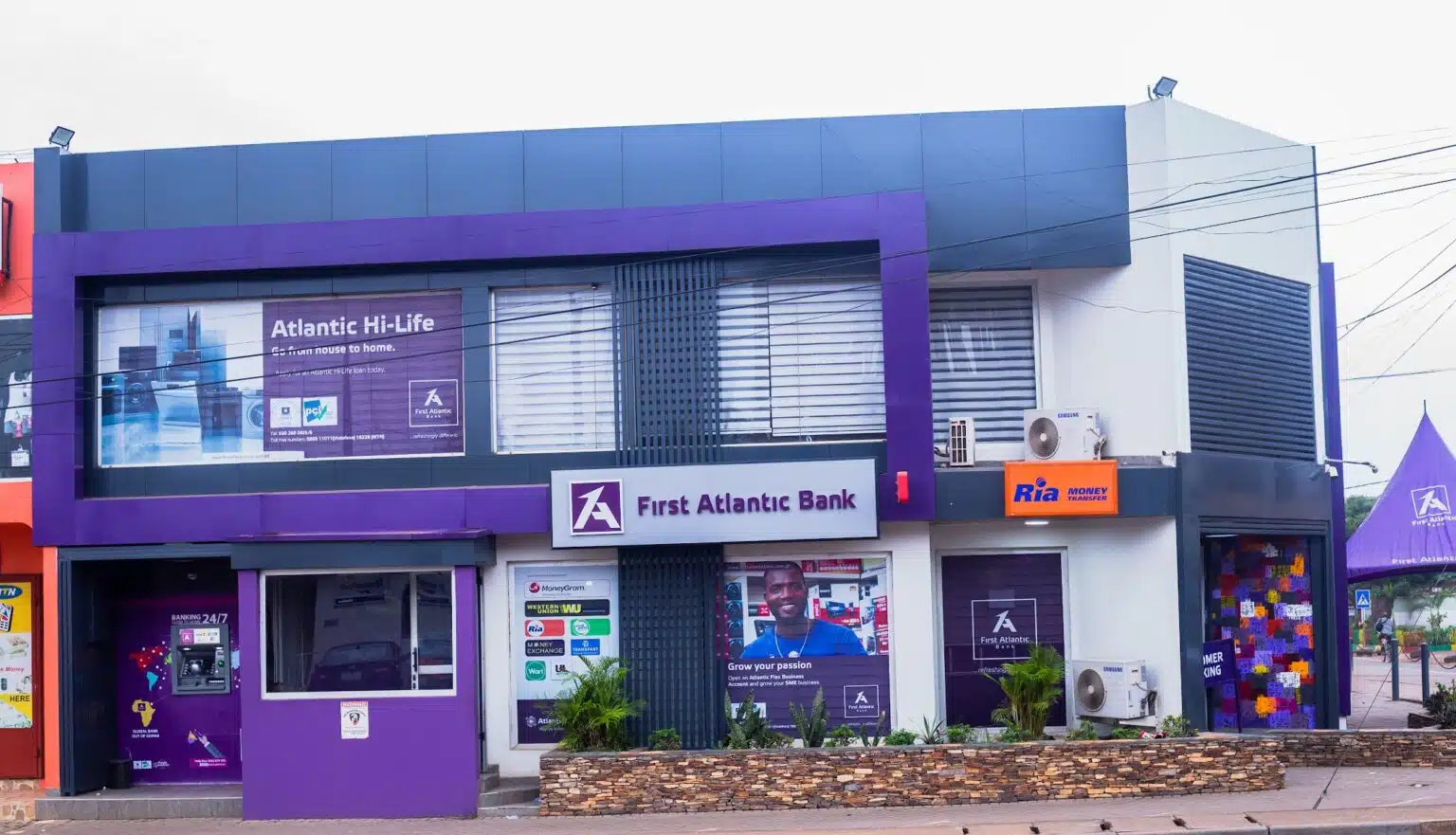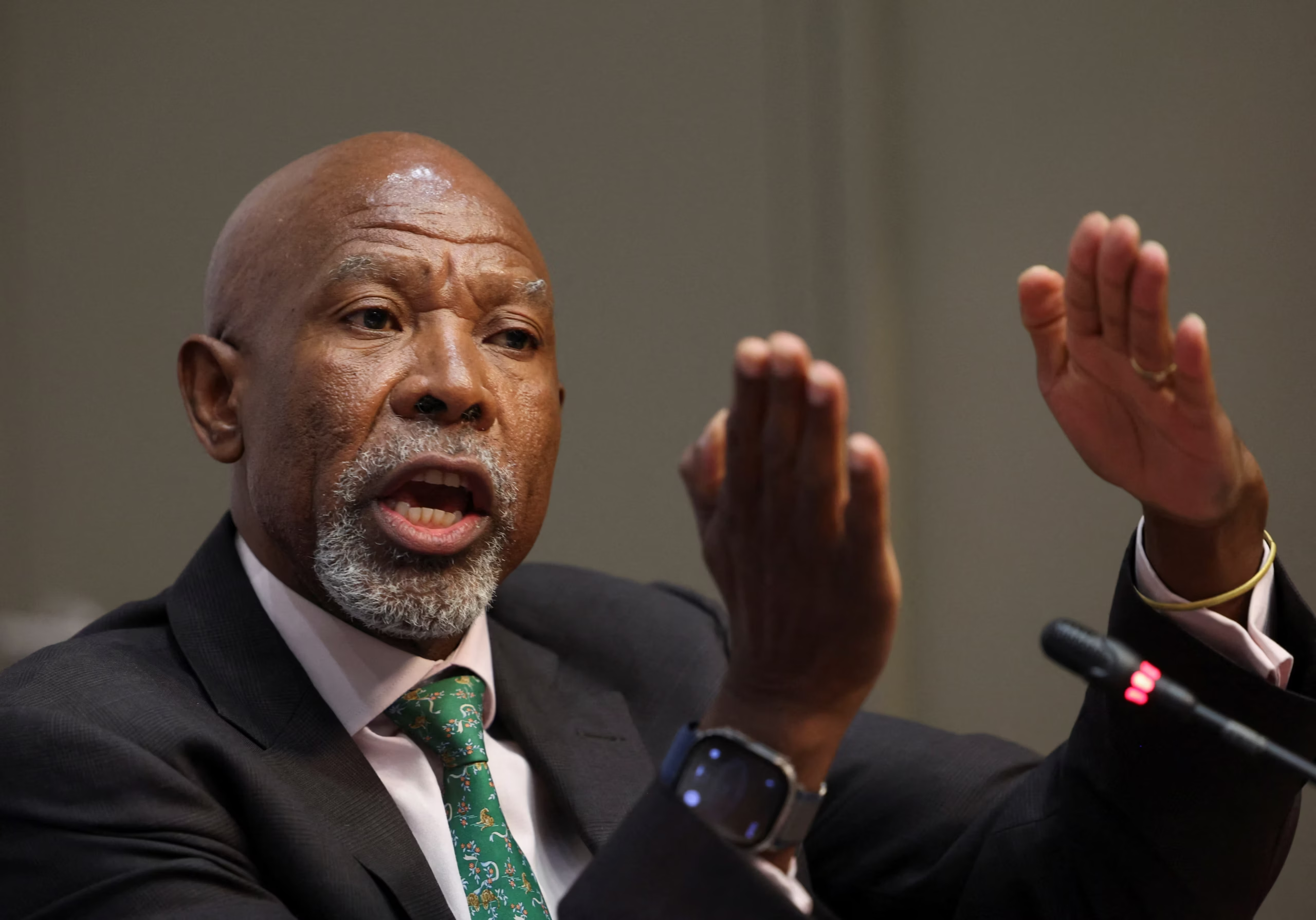JPMorgan, the largest lender in the United States, has upgraded its outlook on Afreximbank’s Eurobonds to overweight, citing more attractive pricing following a recent Fitch downgrade.
The move comes despite rising concerns that the pan-African trade bank could be drawn into sovereign debt restructurings involving Ghana and Zambia.
In a research note on Tuesday, the Wall Street giant said “the chances of Afreximbank getting involved in a debt restructuring have increased” amid ongoing disputes over whether the bank’s loans to defaulted countries are in scope for debt treatment.
The African Export-Import Bank has been at the centre of a standoff over its emergency financing to countries now undergoing debt overhauls under the G20’s Common Framework.
While the bank insists its multilateral status affords it preferred creditor treatment, both Ghana and Zambia have signalled they will not exempt it from losses—treating it as a commercial lender instead.
Bonds rebound after Fitch downgrade
Fitch downgraded Afreximbank earlier this month to BBB– with a negative outlook, citing exposure to African sovereign debt crises and weak risk controls as key concerns.
The rating agency also disclosed that the bank’s non-performing loans had risen to 7.1% at the end of 2024.
JPMorgan acknowledged that if Afreximbank is eventually roped into a restructuring, “Fitch could downgrade the bank further from IG (investment grade) to HY (high yield) at some point, which could lead to some forced selling of bonds.”
Even so, the investment bank said that the market had already adjusted, noting that the adjustment in valuations on Afreximbank’s 2029 and 2031 bonds following Fitch’s downgrade now made the bonds attractive.
Both bonds are now trading 75 basis points wide of the average for similar BB to BBB-rated notes, according to JPMorgan.
“This compensates for the risk of further adverse rating actions on the bank, which are possible,” said Konstantin Rozantsev, one of the bank’s credit strategists.
Creditor status still in dispute
Afreximbank has maintained that it should not be lumped in with commercial lenders and continues to insist that all countries in question remain current on their obligations.
The bank’s managing director for treasury and markets, Chandi Mwenebungu, clarified earlier last month that bank was not part of any restructuring processes in Ghana, Malawi, or Zambia.
Nonetheless, pressure is mounting. Ghana and Zambia have made progress in debt talks with bilateral creditors and Eurobond holders, but negotiations with some regional lenders, including Afreximbank, remain unsettled.
Whether or not Afreximbank ultimately participates in restructurings could have significant implications not only for its credit profile, but for the treatment of other regional lenders caught in the crossfire of Africa’s debt resolution efforts.










